WHO study: Half of Russian chicken a health hazard
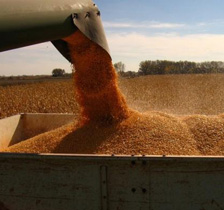
Almost half of Russian chicken is infected with salmonella, the Russian media has reported in reference to a study of the World Health Organization. Although a shocking conclusion, it’s supported by existing statistics.
Salmonella is the leading cause of human poisoning in the country and chicken is one of its main sources. According to experts security regulations should be tightened and more effective ways of chicken disinfecting should be implemented.
Currently there are serious inconsistencies in Russian and European legislation. In the EU inspections fully examine for the presence of infection: not only inside the carcass, but also on its surface. But in Russia, such checks are carried out only inside the chicken, but not on the surface.
WHO has tested Russian carcasses on the basis of international standards also looking for the infection on the surface of chicken. The study examined chicken products from various large manufacturers, and also that grown in private farms. Samples were collected in almost all regions of the country.
In conclusion, inspectors declared that about half of the tested chickens had Salmonella on the surface, making it a potential danger to the health of consumers. According to official data, from 2010 to 2011 Rosselkhoznadzor revealed about 250 examples of Salmonella in domestic chicken and only 12 times in import products. But these are the results of selective monitoring just inside the carcass.
According to experts, the complete tests would give much more alarming figures. Russian veterinary services don’t do it, infact the draft federal law “On Veterinary Medicine” (which is now being approved by the Government) proposes to refuse active monitoring outright, meaning that the quality of Russian chicken will not be checked at all.
Join 31,000+ subscribers
Subscribe to our newsletter to stay updated about all the need-to-know content in the poultry sector, three times a week. Beheer
Beheer

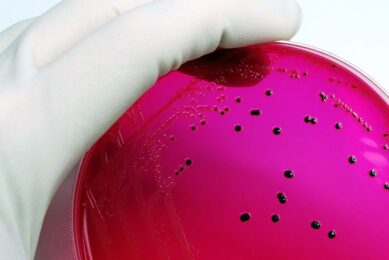
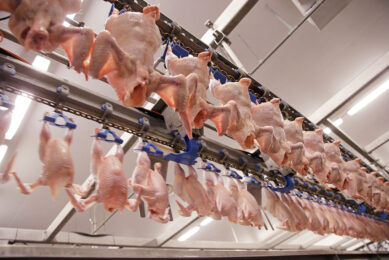
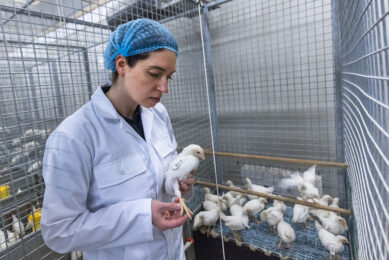
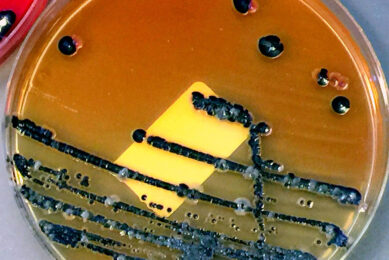



 WP Admin
WP Admin  Bewerk bericht
Bewerk bericht